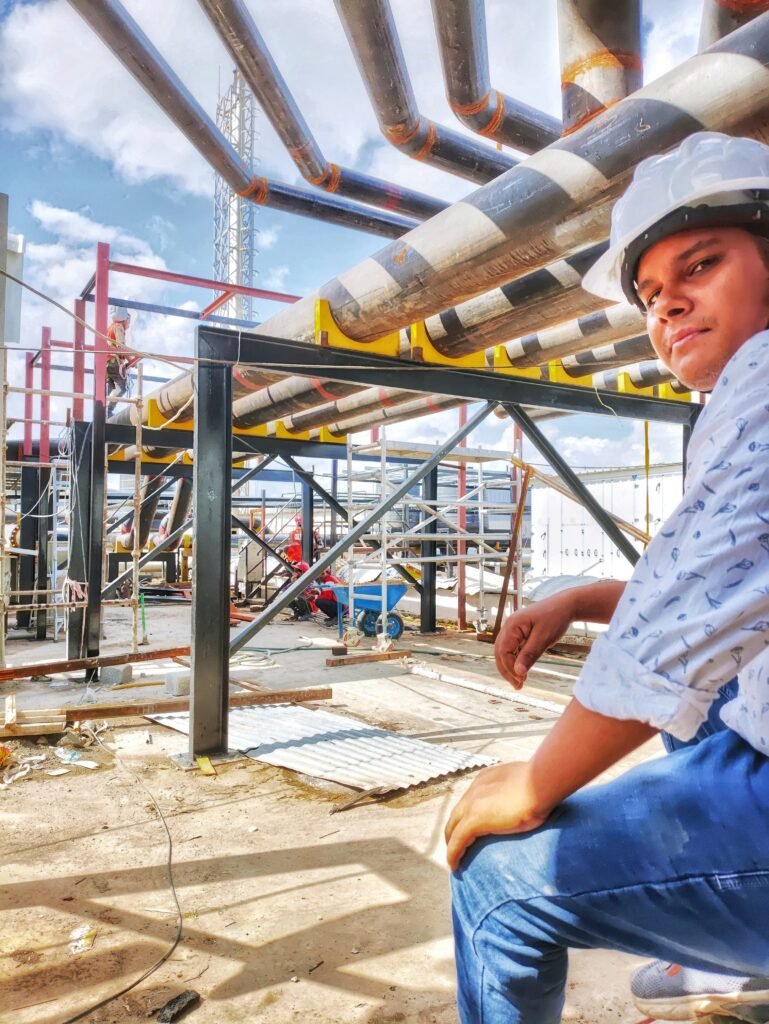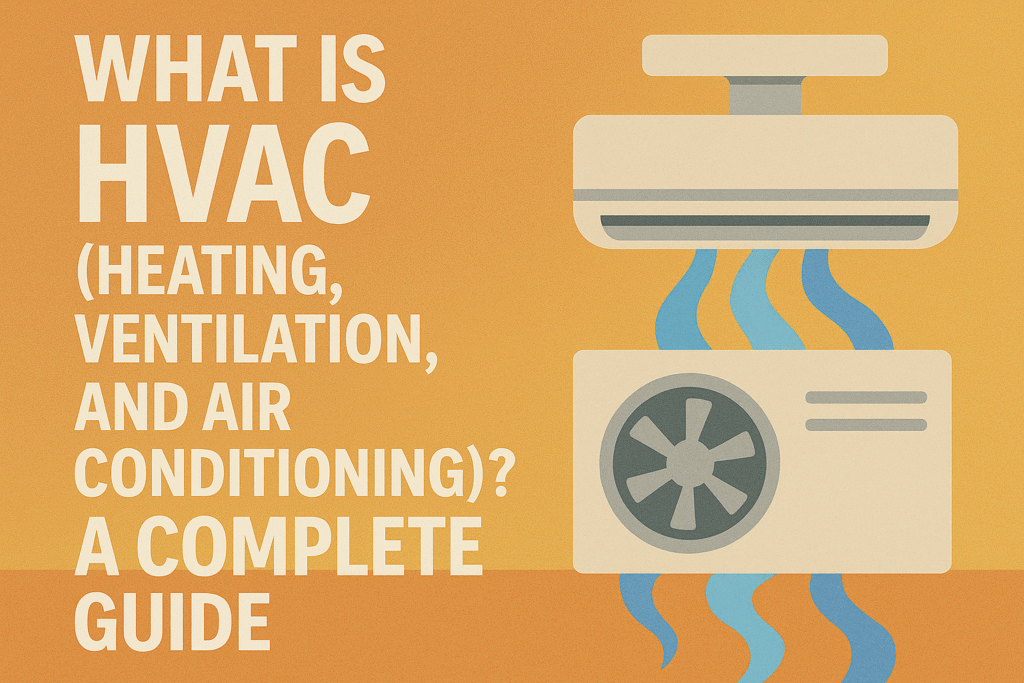Introduction
The Heating, Ventilation, and Air Conditioning (HVAC) industry is one of the most promising career paths for mechanical engineers. With increasing global demand for energy-efficient climate control solutions, HVAC professionals are essential across various industries. If you are a mechanical engineer contemplating a rewarding career path, HVAC offers excellent opportunities for growth, stability, and innovation.
HVAC Industry Overview
Market Size and Growth
The global HVAC market is valued at over $240 billion and is expected to grow at a CAGR of 6% over the next decade. The rise in urbanization, industrialization, and increasing concerns about energy efficiency drive this expansion. Key regions leading this growth include North America, Europe, and Asia-Pacific, with significant developments in green building technologies and smart HVAC solutions.
Key Sectors Utilizing HVAC Systems
HVAC engineers play a critical role in multiple industries, including:
- Construction & Real Estate – Commercial buildings, residential complexes, and industrial facilities require HVAC solutions.
- Healthcare & Pharmaceuticals – Hospitals and pharma industries need precise temperature and humidity control.
- Manufacturing & Industrial – HVAC systems maintain optimal operating conditions in production facilities.
- Data Centers & IT – Temperature regulation is crucial for preventing overheating in data centers.
- Hospitality & Retail – Hotels, malls, and restaurants rely on HVAC for comfort and efficiency.
Why Choose HVAC as a Career?

1. Growing Industry Demand
HVAC systems are a necessity in residential, commercial, and industrial spaces. The rising global emphasis on sustainable and energy-efficient technologies ensures a continuous demand for skilled HVAC engineers. With rapid urbanization and climate concerns, HVAC professionals are highly sought after.
2. Diverse Career Opportunities
Mechanical engineers specializing in HVAC can explore various roles, including:
- HVAC Design Engineer – Focuses on designing energy-efficient HVAC systems for buildings and industrial applications.
- Project Engineer – Manages the planning, execution, and completion of HVAC projects.
- Commissioning Engineer – Ensures that HVAC systems function optimally after installation.
- Sales & Application Engineer – Works with clients to recommend suitable HVAC solutions.
- Energy Consultant – Specializes in optimizing HVAC systems for energy efficiency.
- Research & Development Engineer – Innovates new HVAC technologies for sustainability.
3. Job Stability and Growth
The HVAC industry is recession-resistant since temperature control is a necessity for comfort, health, and industrial processes. As energy regulations become stricter, HVAC engineers will always be in demand to develop efficient systems that comply with environmental standards.
4. Competitive Salary Packages
For an engineering graduate entering the HVAC industry, the starting salary varies based on location, company, and expertise. On average:
- India: ₹3.5 – ₹6 LPA (Lakhs Per Annum)
- United States: $55,000 – $75,000 per year
- Europe: €40,000 – €60,000 per year
- Middle East: AED 80,000 – AED 120,000 per year
With certifications and experience, salaries can increase significantly, especially in design, consulting, and project management roles.
5. Opportunities for Innovation
The HVAC field is evolving with advancements in automation, AI, and IoT-enabled smart climate control systems. Mechanical engineers can contribute to the development of cutting-edge HVAC solutions, including green buildings and sustainable cooling technologies.
6. Global Career Opportunities
HVAC engineers have opportunities to work across the globe, as HVAC expertise is in demand in various climates and industries. Many international construction and manufacturing firms require skilled professionals to implement efficient climate control systems.
Future Scope of HVAC Engineering
1. Smart HVAC Systems
The integration of IoT, AI, and automation in HVAC systems allows for intelligent climate control, reducing energy consumption and costs. Engineers skilled in these technologies will have a competitive edge in the industry.
2. Renewable Energy Integration
HVAC systems are increasingly incorporating renewable energy sources like solar and geothermal energy. Engineers working in this sector will be at the forefront of sustainable innovations.
3. Green Building Certification Compliance
As governments and organizations focus on sustainability, HVAC engineers play a key role in achieving LEED and other green building certifications, ensuring environmentally responsible designs.
4. Career Advancement through Certifications
Certifications like ASHRAE, LEED, and Certified Energy Manager (CEM) help HVAC engineers enhance their skills and credibility, opening doors to higher-paying opportunities.
Conclusion
For mechanical engineers, HVAC is a promising career with ample opportunities for professional growth, innovation, and financial stability. With the increasing demand for energy-efficient solutions, HVAC engineering remains a future-proof career option. If you’re passionate about designing, optimizing, and implementing advanced climate control systems, HVAC is an excellent field to explore.
If you’re looking to build a career in HVAC, start by gaining industry-relevant skills and certifications. The HVAC sector not only promises a rewarding career but also allows you to contribute to a more sustainable and energy-efficient world.
SmartHVACGuide.com – Your go-to source for HVAC insights, career tips, and industry trends.



Pingback: HVAC Abbreviations & Terms Every Beginner Must Know (with Cheat Sheet) – SmartHVACGuide.com
Pingback: SmartHVACGuide.com – Your Trusted Guide to HVAC (Heating, Ventilation & Air Conditioning)